Power of collaboration
Our members have a long history of collaborating on equipment and infrastructure, but also between researchers at our institutions.
We recently took a closer look at the scale and power of our collaborations, which revealed some fascinating details. For example, more than one in 10 of the total number of papers published by our members between 2018 and 2022 were produced in collaboration with another SES member institution.
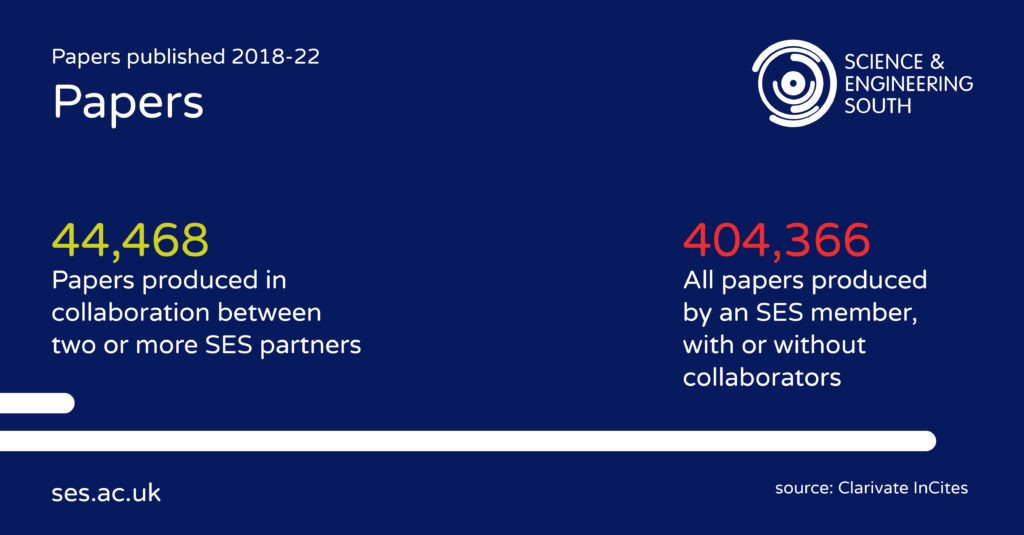
And we have evidence that papers in which researchers from SES institutions have collaborated are getting more citations. Individually, the SES universities produced more than 400,000 papers over the five-year period. These were cited 1.81 times more than the world average.
Meanwhile, the 44,468 papers with at least two SES universities as co-authors were cited almost 2.9 times more than the world average for similar papers.
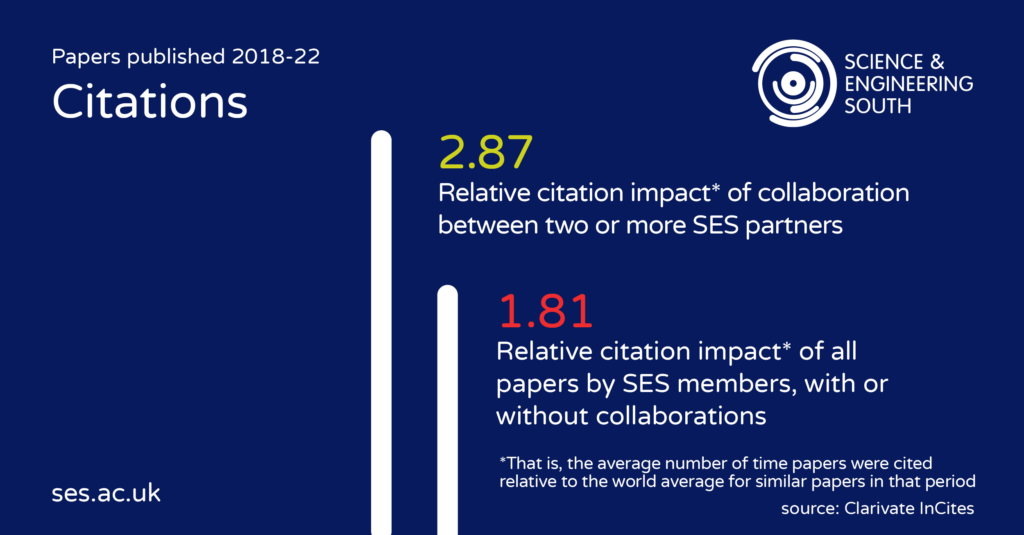
These figures show the strength of our research collaborations when individuals within our member institutions work together. Throughout this website, you can find examples of these collaborative research projects.
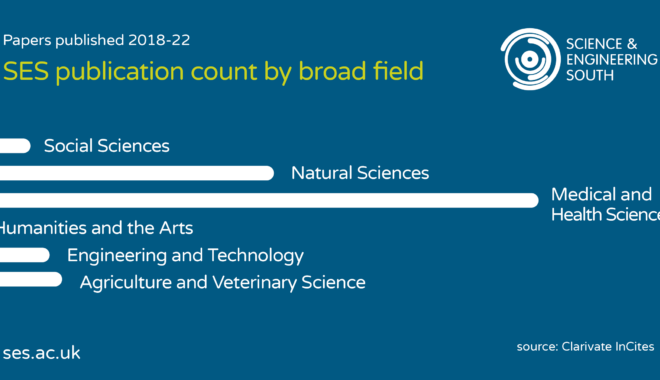
Our strengths, in numbers
Our members’ research excellence extends over many different fields, but a data analysis we commissioned shows some clear strengths.
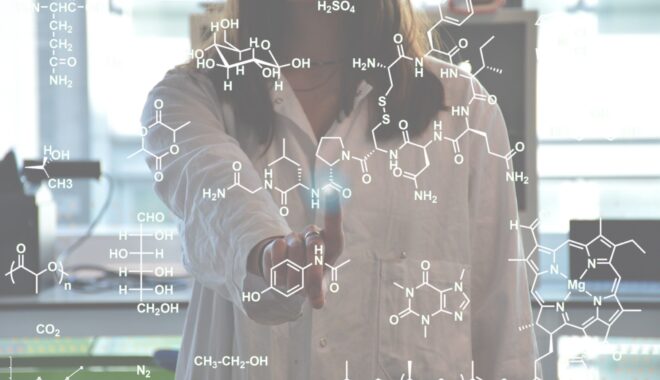
SES members to share in £100m boost to AI research
Nine new research hubs bringing together universities from across the UK will receive £80m to deliver revolutionary AI technologies, with SES members playing a leading role in three.

Queen Mary’s genes project goes national
A QMUL-led project to improve the representation of British people with Pakistani and Bangladeshi heritage in genetic datasets has reached a key milestone.
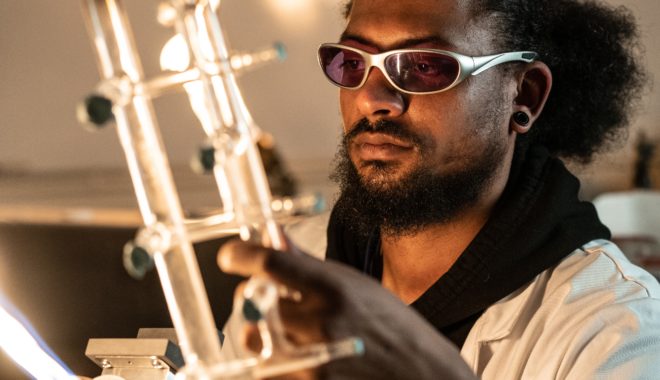
The TALENT Commission Report
A vision for the future of the UK’s technical talent in research has been unveiled following a project funded by UKRI-Research England.

Accelerating pathways to climate neutral aviation
A research collaboration led by the University of Cambridge is building an interactive model to explore how aviation could transition to net-zero climate emissions.
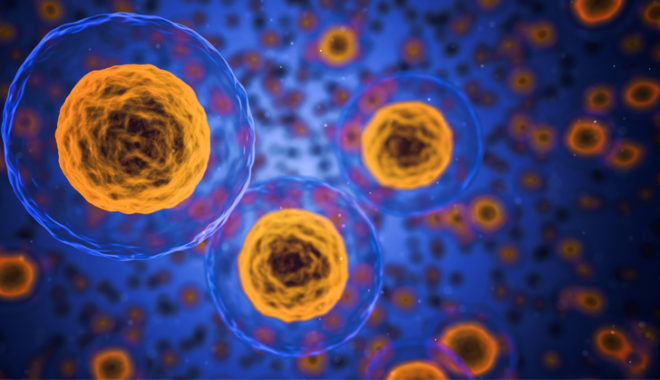
Collaboration the Key to Unlocking Cells’ Secrets
Research outcomes can be strengthened hugely by working across disciplines and by combining complementary skills across institutions.

